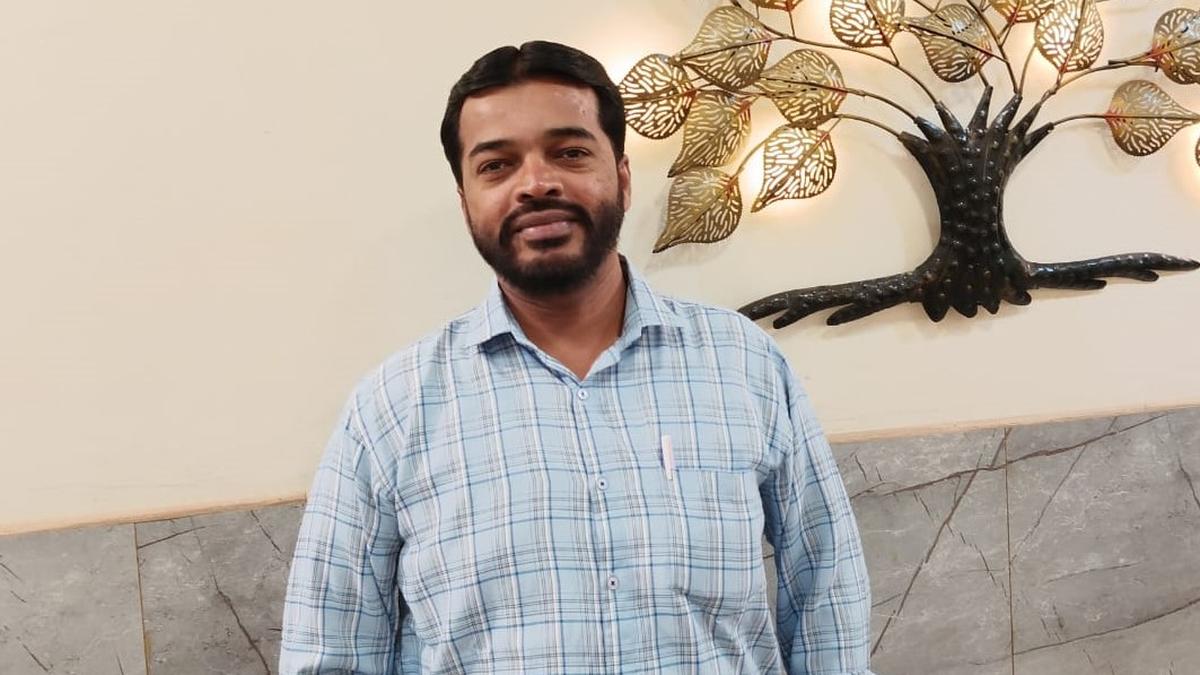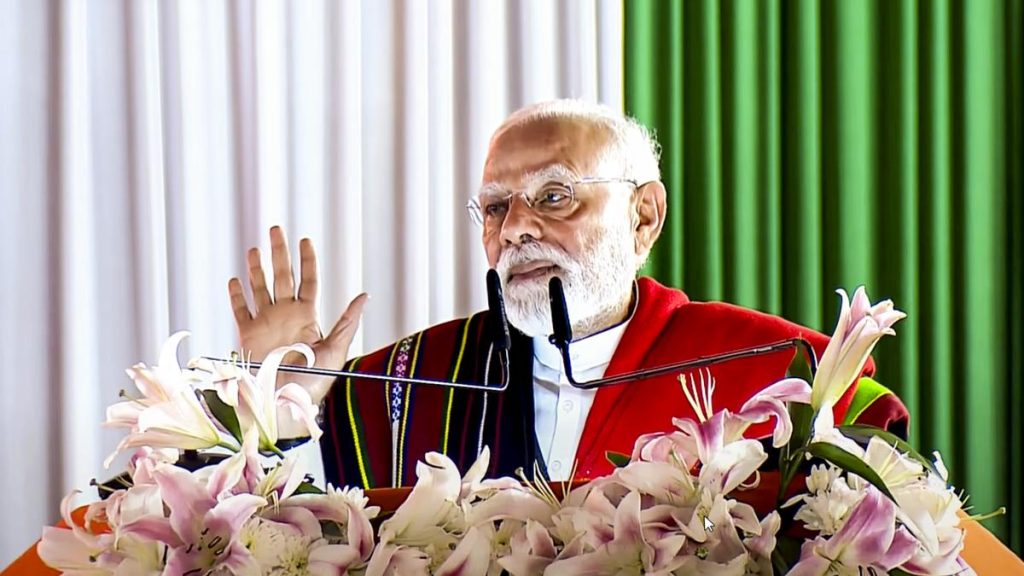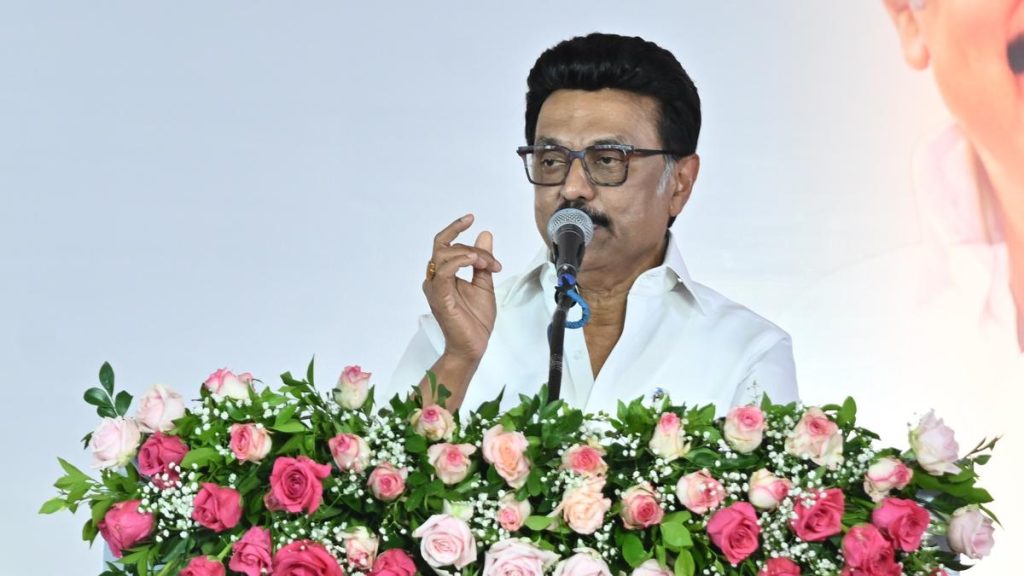Now Reading: 7/11 Blast Acquittal: Man Seeks ₹9 Crore for 9 Years of Wrongful Imprisonment
-
01
7/11 Blast Acquittal: Man Seeks ₹9 Crore for 9 Years of Wrongful Imprisonment
7/11 Blast Acquittal: Man Seeks ₹9 Crore for 9 Years of Wrongful Imprisonment

swift Summary
- Wahid Deen Mohammad Shaikh, acquitted in teh 2006 Mumbai train blasts case, seeks ₹9 crore as compensation for nine years of wrongful imprisonment.
- Arrested under MCOCA at age 28, he was acquitted in 2015 by a special court citing lack of evidence. His release has not been challenged by the State.
- While imprisoned between 2006 and 2015, Mr. Shaikh pursued higher education and authored a book on custodial torture titled Begunah Qaidi (Innocent Prisoner), inspiring the Hindi film Haemolymph. He also completed his PhD in prison literature during this time.
- As his release, Mr.Shaikh has founded Innocence Network to advocate for victims of wrongful prosecution and started a YouTube channel named Begunah Qaidi.
- He claims his imprisonment caused irreparable damage to his and his family’s life trajectory; including his father’s death during incarceration,financial debt of ₹30 lakh post-release,and stigma faced by his immediate family.
- Precedents cited include compensations granted to ISRO scientist Nambi Narayanan (₹50 lakh),Mohammad Amir,and Fauji Ansari for wrongful arrests.
Indian Opinion Analysis
Wahid Deen Mohammad Shaikh’s demand for compensation highlights lingering concerns over accountability in India’s criminal justice system regarding cases of wrongful imprisonment under stringent laws like MCOCA. His nine-year ordeal underscores broader issues such as custodial torture allegations and delays in legal proceedings that can disrupt lives irreparably.
The reference to precedents-such as Nambi Narayanan’s case-raises valid questions about consistency when providing redressal to victims unjustly implicated in terror-related cases where judicial failures have occurred.Seeking legal recourse ten years post-acquittal also reflects how the stigma tied to terrorism charges persists even after exoneration.
Mr. Shaikh’s work with advocacy groups like Innocence Network reveals systemic challenges requiring reforms-not only punitive measures against errors but preventive safeguards against future miscarriages of justice that disproportionately impact marginal communities under trial laws designed for exceptional circumstances.
Read more: The Hindu
























